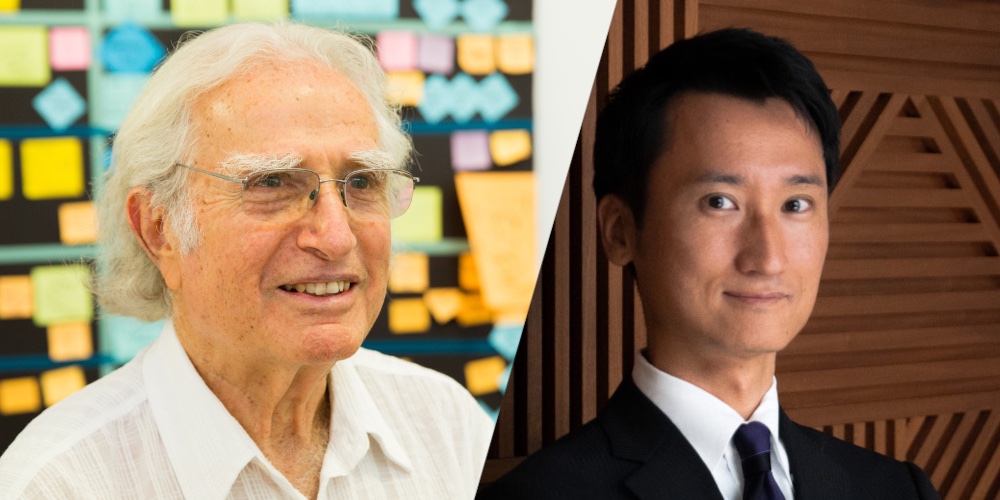Emotional Link LLC has released an interview article with Professor Bernard Roth, Stanford University, on “Design Thinking”. The article introduces “design thinking” as one of the methodologies for sparking innovation and delves into the effectiveness of design thinking and provides detailed insights into its thought process.

In the article, Dr. Roth states that design thinking can be defined as an approach to problem-solving and handling issues that applies techniques that were previously only used by designers but have since been adapted and applied to a wide range of fields.
Dr. Roth also emphasized that design thinking, in particular, can be applied to solve problems that go beyond creating tangible things, such as social systems that help the less fortunate or approaches to human interaction.
Furthermore, Dr. Roth provided successful case studies illustrating the effectiveness of design thinking in business to help us easily envision the implementation of design thinking in a business context.
This interview article is a must-read for business leaders and aspiring entrepreneurs who are eager to address unresolved societal issues by solving them with unconventional thinking methods.
Bernard Roth is the Rodney H. Adams Professor of Engineering at Stanford University. He earned a Ph.D. degree in Mechanical Engineering from Columbia University and was awarded honorary PhDs by the University of Paris and the University of Cassino. He has published over 200 research papers and has received many awards for both his teaching and research. Additionally, he has served as a director of several corporations and is the organizer of workshops on creativity and personal effectiveness. He is also a co-founder of the Hasso Plattner Institute of Design at Stanford, commonly known as “d.school,” where he serves as Academic Director. His latest book, The Achievement Habit, has been translated into Japanese and 14 other languages.
The interview article is available here:
The key to sparking innovation lies in design thinking


